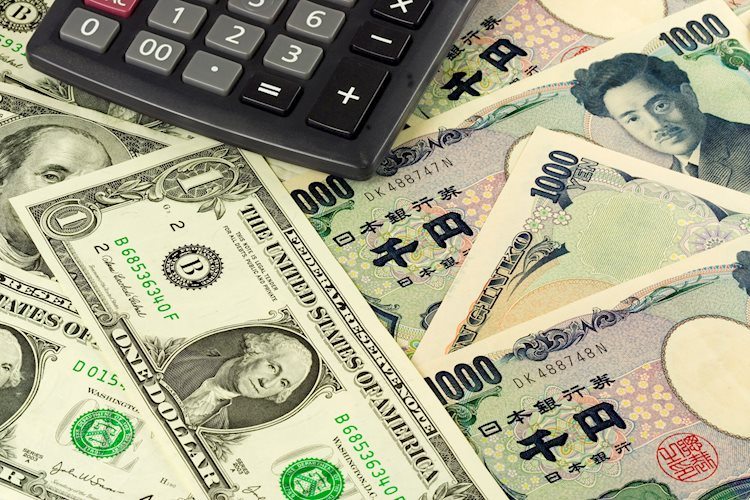The Japanese Yen has been gaining strength against the US Dollar in recent trading sessions, albeit with limited upside potential. The uncertainty surrounding the Bank of Japan’s rate-hike plans ahead of the general election in Japan is expected to cap the gains for the JPY. Additionally, bets for a less aggressive policy easing by the Federal Reserve and concerns over deficit spending in the US have favored the USD bulls, providing support to the USD/JPY pair.
Recent data from Japan’s manufacturing and services sectors indicated a contraction in activity in October, signaling weaker economic conditions in the country. This, coupled with polls suggesting that Japan’s ruling party may lose its majority in the upcoming general election, has added to the uncertainty surrounding the BoJ’s rate-hike plans. On the other hand, US bond yields have surged to a three-month high as the market anticipates modest interest rate cuts by the Federal Reserve, further weighing on the JPY.
From a technical standpoint, the USD/JPY pair has shown bullish potential after breaking above key resistance levels. The 61.8% Fibonacci retracement level near 153.20 is currently acting as a key pivotal point, with a break above potentially leading to further upside towards the 154.00 mark and beyond. On the downside, strong support is seen near the 152.00 level, with any corrective slides likely to be seen as buying opportunities by traders.
The Japanese Yen’s value is influenced by various factors, including the Bank of Japan’s policy decisions, the differential between Japanese and US bond yields, and risk sentiment among traders. The BoJ’s interventions in the currency market have been aimed at controlling the value of the Yen, with recent moves towards unwinding ultra-loose monetary policy giving some support to the JPY. The widening policy divergence between the BoJ and other central banks has favored the US Dollar against the Yen in recent years.
Despite its status as a safe-haven investment, the Japanese Yen faces challenges during times of market stress. Investors tend to seek refuge in the JPY due to its perceived reliability and stability, leading to a strengthening of its value against riskier currencies. However, the current economic uncertainties and policy decisions by major central banks are likely to continue influencing the value of the Japanese Yen in the near term.





















